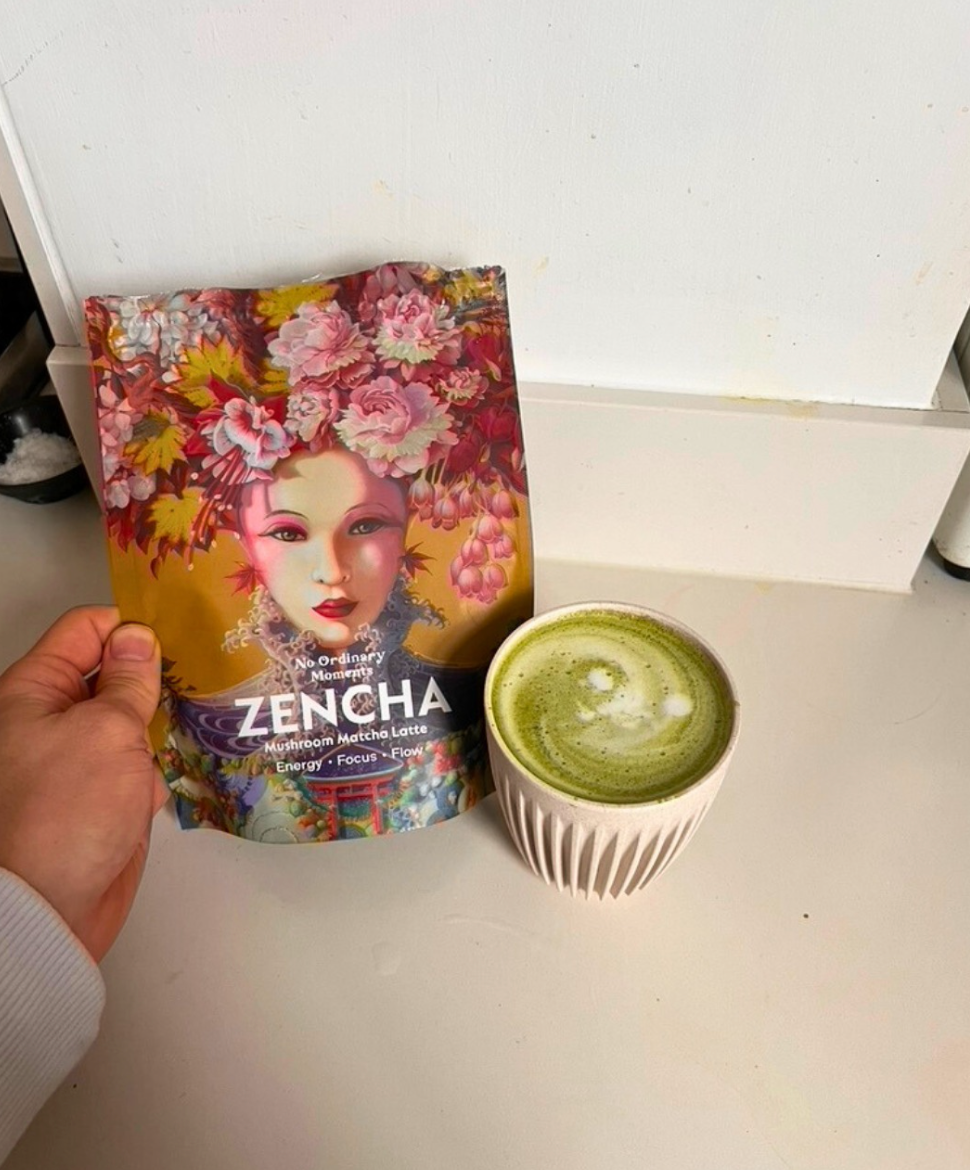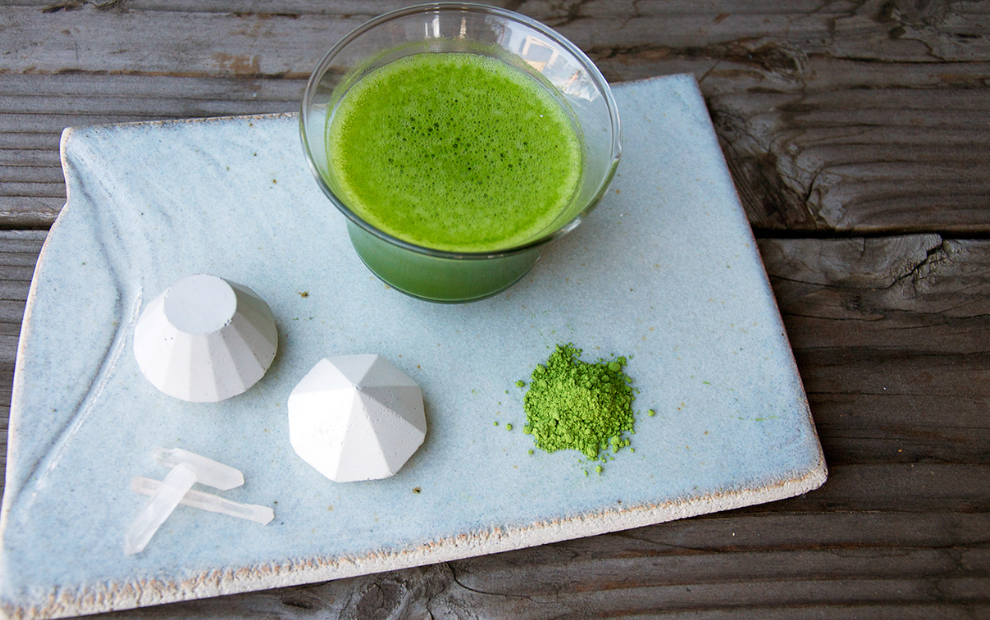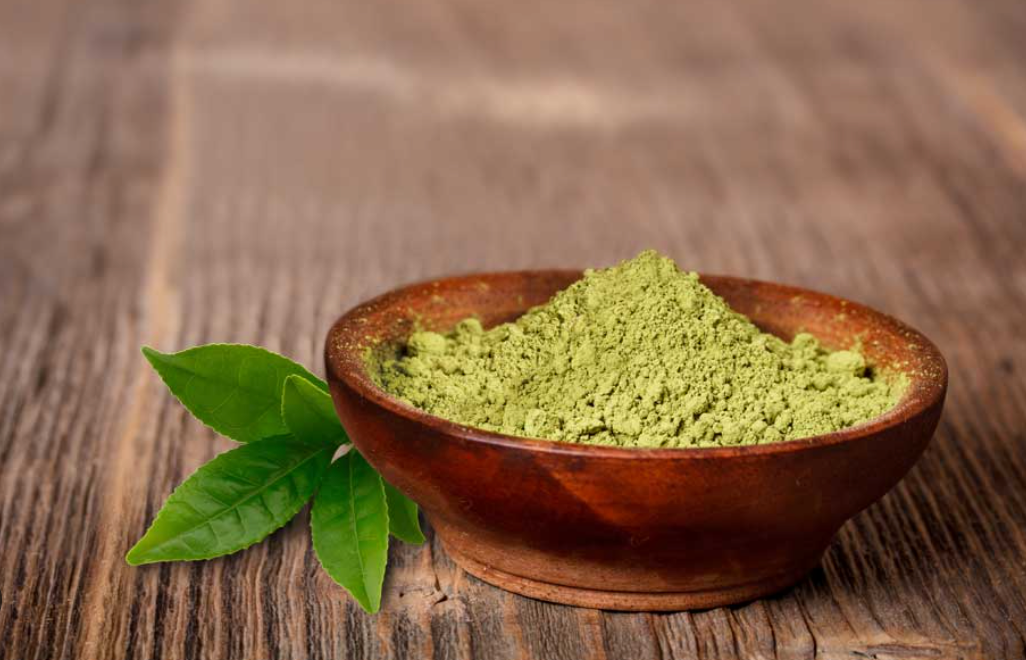
Read time: 7 min
If you're dealing with anxiety, you know how hard it can be to live a normal life. You feel like something is just not right in your life and can't figure out what that is.
Well, I have news for you: the key to feeling better lies within. Here are simple ways to help yourself stop being so anxious:
1. Pursue in your passion.
If you're an anxious person, it can be difficult to find the time or energy to do what you love. But when stress arises, and your mind is racing with thoughts of impending doom, try doing something that makes you happy. Indulging in your passion will help drain some of the anxiety away and make you feel better about yourself and your life in general.
If it's not possible for you to incorporate your passion into daily life right now (for example, if it requires a lot of money or time), try finding ways to make small changes toward incorporating this hobby into your routine. For example:
- If writing is something that calms you down and makes you happy, try doing it every day at a specific time (like before bed).
- If painting helps ease anxiety for some reason (as it does for me), then set aside time each week where all I do is paint—and don't let myself get distracted from creative endeavours by other things going on around me like chores or errands.
2. Take a deep breath. Breathe in deeply through the nose and exhale slowly through the mouth.
One of the best ways to calm down and avoid an anxiety attack is through breathing exercises. Breathing in through your nose, hold it for a few seconds and then exhale slowly through your mouth. Repeat this cycle four times. You should feel calmer after a couple of minutes.
Suppose you haven't tried the Whim Hoff method. This is a fantastic app that can really help build in a great habit to implement first thing every morning.
3. Keep a journal.

Writing your thoughts down in a journal is helpful for several reasons. As you write, you may find that some of your worries are not as important as they seem when written down on paper. You may also realize that some of the situations that make you anxious have happened before and will probably happen again; if they haven't happened yet, they're unlikely to happen in the future.
Writing your thoughts down helps with another problem: anxiety tends to magnify problems by making them seem more serious than they really are. By writing things down, there's less emotion involved - which helps keep things in perspective!
Finally, writing can help with letting go of negative feelings (because writing is generally cathartic).
4. Exercise.
Exercise. You know how it goes: exercise is a great way to relieve stress and anxiety, among other things. It can help you sleep better, feel more confident, and focus on the present moment (rather than worrying about what might happen in the future).
If you're new to exercising or simply have been avoiding it for one reason or another, consider starting with something small and manageable—like taking a walk during your lunch break. If that sounds like too much work just yet (after all, lunch breaks don't last forever), maybe try meditating instead!
5. Let go of control.
This is the most important thing you can do. You cannot control everything in your life, and trying to only make things worse. It's okay for some things to happen that aren't in your control.
6. Be present at the moment.

It's easy to get caught up thinking about what happened before or worrying about what will happen next, but this takes away from enjoying the moment you are currently experiencing and can make you feel anxious because you're not enjoying it as much as possible. Instead, focus on being fully aware of where you are right now, who is with you here at this time, and what sounds like smells might be around (smells being one sense that often goes unnoticed by anxious people). Mindfulness exercises help with this a lot!
7. Run away from anxious thoughts for a while. Indulge yourself in activities that you enjoy and take your mind off anxious thoughts temporarily.
Run away from anxious thoughts for a while. Indulge yourself in activities that you enjoy and take your mind off anxious thoughts temporarily.
Take a break from your worries by going on a walk, reading an interesting book, doing a puzzle or cooking a meal. These are productive things that can keep you busy and distract you from worrying about what's bothering you. Any activity that keeps your mind busy can help reduce feelings of anxiety and stress.
Write in your journal about the things that are making you anxious, so they will not be as overwhelming when they pop into your head throughout the day (this works especially well if writing helps calm down some of those feelings). If nothing else works, try meditating!
8. Acknowledge your anxiety.
Acknowledging your anxiety is the first step to beating it. It's easy to think that we're being irrational, but acknowledging what you're feeling can help you relax, see that it is not a big deal, and see that it is temporary.
By acknowledging your anxiety, you are accepting it as a part of who you are right now.
9. Reduce anxiety triggers in your life.
If you can avoid a situation that triggers anxiety, then do so. If you are in the middle of an anxiety-provoking situation, try to get out of it. If that is not possible, then accept it and be prepared for it.
Avoiding triggers involves getting rid of them from your life as much as possible. This can mean removing people from your life who trigger your anxiety or changing jobs/schools/areas where you live. It also may mean avoiding places where there are too many stimuli or too much chaos to allow yourself to feel safe and calm (such as busy streets).
If avoiding symptoms is not an option for you due to the nature of your job or school schedule, then do whatever work needs doing before the time comes for classes or work shifts so that once there, it's easier for them not to have any negative effects on how well they go once they start up again after breaks like vacations.
If we cannot avoid all situations which cause us stressors, then our next best defence against these dangers comes in preparation: being ready ahead of time helps us deal better with difficult situations when they arise because we aren't caught off guard by unexpected events; moreover being prepared means less worry about what might happen during stressful times because we've already thought through what might happen beforehand — so now we know exactly how much danger exists within each particular situation going forward into unknown future experiences where these problems could arise again without warning!
10. Find your support system.
- Talk to a therapist.
- Join a support group.
- Use online communities to find people who can relate to and share in your experiences.
11. You can't stop being anxious if you don't take care of yourself.
You can't help others if you don't take care of yourself. If you only have time to take care of others and never yourself, then that's what will happen. Your anxiety will continue and get worse as the stress builds up inside of you.
You need to spend time taking care of yourself. You need to do things for yourself that are relaxing and fun so that you have energy left over after doing everything else in life that needs doing. When it comes down to it, this is the only way to stop being anxious!
So make sure that every day or week has at least one thing on your schedule where all thoughts are off work, school, relationships or other stressful situations, and all focus is on just being alone with yourself (and maybe some music).
12. Try reducing your caffeine intake.

If you have the tendency to experience anxiety, try reducing or coming off caffeine. Be wary of the days that you are super anxious and the amount of caffeine you consume. These are the best days to avoid caffeine altogether. You can make the switch to asking for decaf or upgrade your ritual altogether and try the mushroom coffee elixir: MOKSHA.
Which was specifically designed to help focus, increase energy and productivity levels and reduce anxiety. Also, be aware of any inflammatory foods that you may be consuming.
Conclusion...
The truth is, we all have anxiety at some point in our lives. Even the most confident and successful people have felt this way at some point. But by following these tips, you can learn how to manage your anxiety and live a better life—one filled with joy and freedom from worry!
Hope you found these tips helpful.






